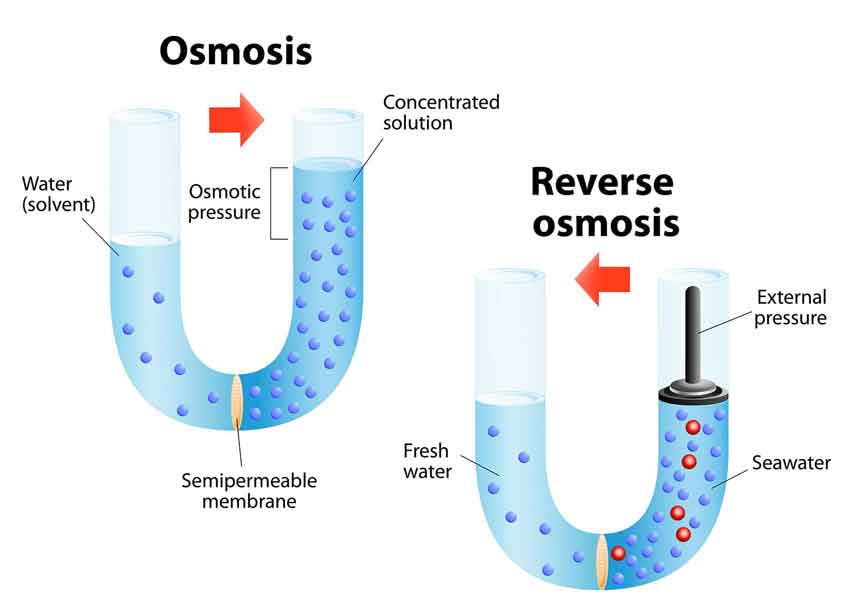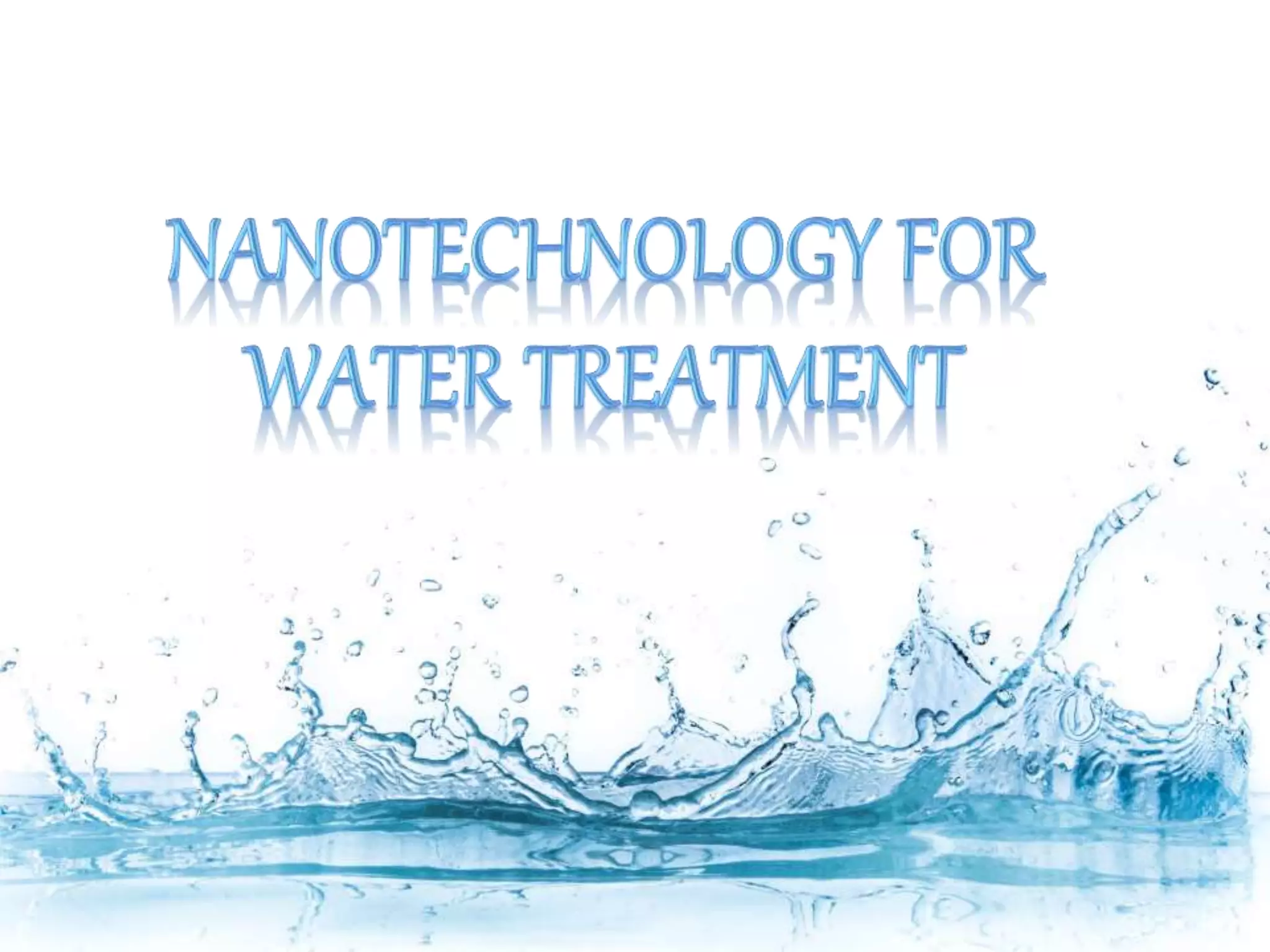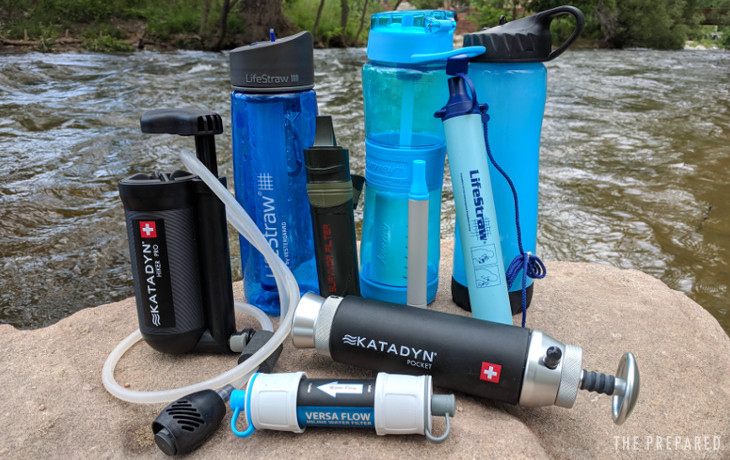Understanding Water Filtration: A Guide to Cleaner Safer Water

Introduction
Clean water is something we often take for granted, but it’s a vital part of our daily lives. It’s not just about quenching our thirst; it’s about ensuring the health and well-being of our loved ones. Water filtration plays a crucial role in achieving this goal. So, let’s embark on a journey to understand water filtration, its various methods, and how it can lead to cleaner, safer water for your home.
Types of Water Contaminants
Before delving into filtration methods, it’s essential to understand the enemies we’re up against. Common contaminants like bacteria, lead, chlorine, and pesticides can make their way into our water supply. These pollutants can pose significant health risks, from stomach ailments to long-term diseases.
Water Filtration Methods
Mechanical Filtration
Mechanical filtration involves physically removing particles and impurities from water using a barrier. It’s like a sieve for your water, capturing debris, sand, and larger contaminants.
Activated Carbon Filtration
Activated carbon filters are excellent at adsorbing organic compounds, chemicals, and odors. They can significantly improve the taste and odor of your water.
Reverse Osmosis
Reverse osmosis is a powerful filtration method that forces water through a semi-permeable membrane, removing even the tiniest particles, including viruses.
UV Purification
UV purification uses ultraviolet light to kill bacteria and viruses, ensuring your water is microbiologically safe.
Choosing the Right Filtration System
Selecting the right filtration system for your home depends on various factors, including your household’s needs, budget considerations, and the environmental impact of your choice. It’s a decision that can impact your family’s health and the planet.
Installation and Maintenance
Whether you opt for DIY installation or professional assistance, regular maintenance is key to the long-term effectiveness of your filtration system. We’ll guide you through the steps to keep your water clean and safe.
Benefits of Clean Water
Clean water offers numerous benefits, from improved health and well-being to better-tasting beverages. Additionally, it can prolong the life of your household appliances, saving you money in the long run.
Water Filtration Myths
There are many misconceptions surrounding water filtration. We’ll debunk common myths and separate fact from fiction.
Comparing Filtration Products
Choosing the right filtration product can be overwhelming. We’ll review some of the top brands and models, and we’ll consider real customer experiences to help you make an informed decision.
DIY Water Filtration Solutions
If you’re a hands-on individual, we’ll explore some DIY water filtration solutions you can implement at home, from homemade filters to portable options.
Environmental Impact
Making eco-friendly choices is essential. We’ll discuss how water filtration can reduce plastic waste and explore sustainable filtration options.
Water Filtration in Emergencies
Water emergencies can happen at any time. We’ll provide guidance on preparing for natural disasters and the importance of having emergency filtration kits on hand.
Regulations and Standards
Understanding regulations and standards is crucial when evaluating filtration options. We’ll explain EPA guidelines and the importance of NSF certification.
Frequently Asked Questions
How often should I change my water filter?
The frequency of filter changes depends on the type and brand of filter you use. Generally, it’s recommended to replace filters every 2-6 months.
Can water filtration remove all contaminants?
While water filtration can remove many contaminants, it may not eliminate all of them. Some contaminants may require specific filtration methods.
Are pitcher filters effective?
Pitcher filters can improve taste and remove some impurities, but they may not be as effective as other filtration methods for removing all contaminants.
What is the cost of professional water filtration installation?
Professional installation costs can vary widely depending on the complexity of the system and the region. It’s best to obtain quotes from local experts.
How does water filtration benefit the environment?
Water filtration can reduce the consumption of single-use plastic bottles, leading to less plastic waste and a smaller carbon footprint.
Conclusion
Clean, safe water is not just a luxury; it’s a necessity. By understanding water filtration, you can take proactive steps to ensure your family’s health and well-being. Make informed choices, invest in the right filtration system, and enjoy the peace of mind that comes with knowing you have access to cleaner, safer water.
FAQs
- How does water filtration work? Water filtration works by passing water through a physical barrier or chemical process that removes impurities and contaminants, resulting in cleaner and safer water.
- Can water filtration remove viruses? Yes, certain water filtration methods, like reverse osmosis and UV purification, can effectively remove viruses from water.
- Is bottled water better than filtered water? Filtered water is often a more sustainable and cost-effective option than bottled water, which can contribute to plastic waste.
- Do I need a whole-house water filtration system? The need for a whole-house system depends on your specific water quality and needs. It’s best to get a water quality test to determine the right solution.
- Can I install a water filtration system myself? Some filtration systems are designed for DIY installation, while others may require professional help. Always follow manufacturer guidelines and local regulations.












